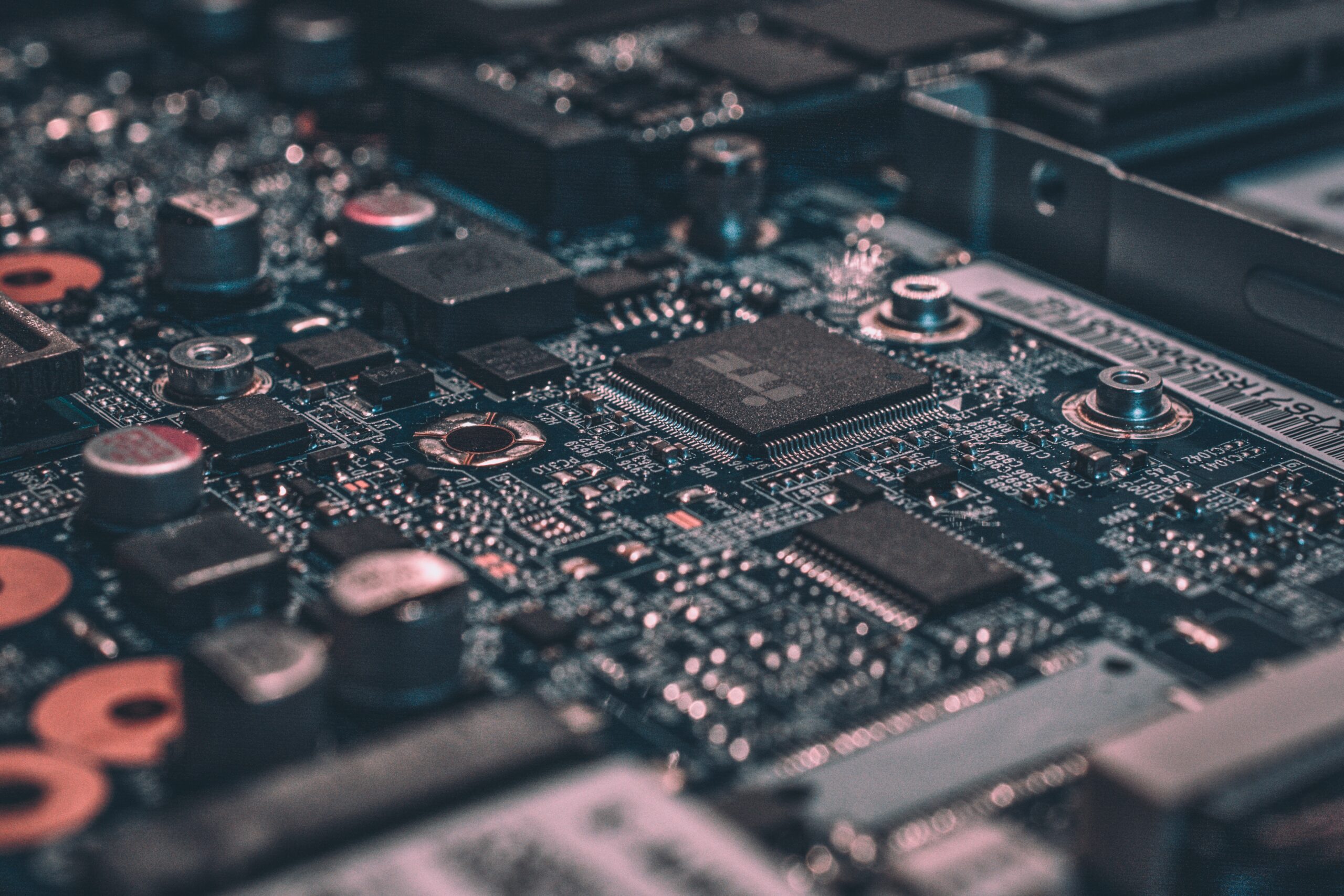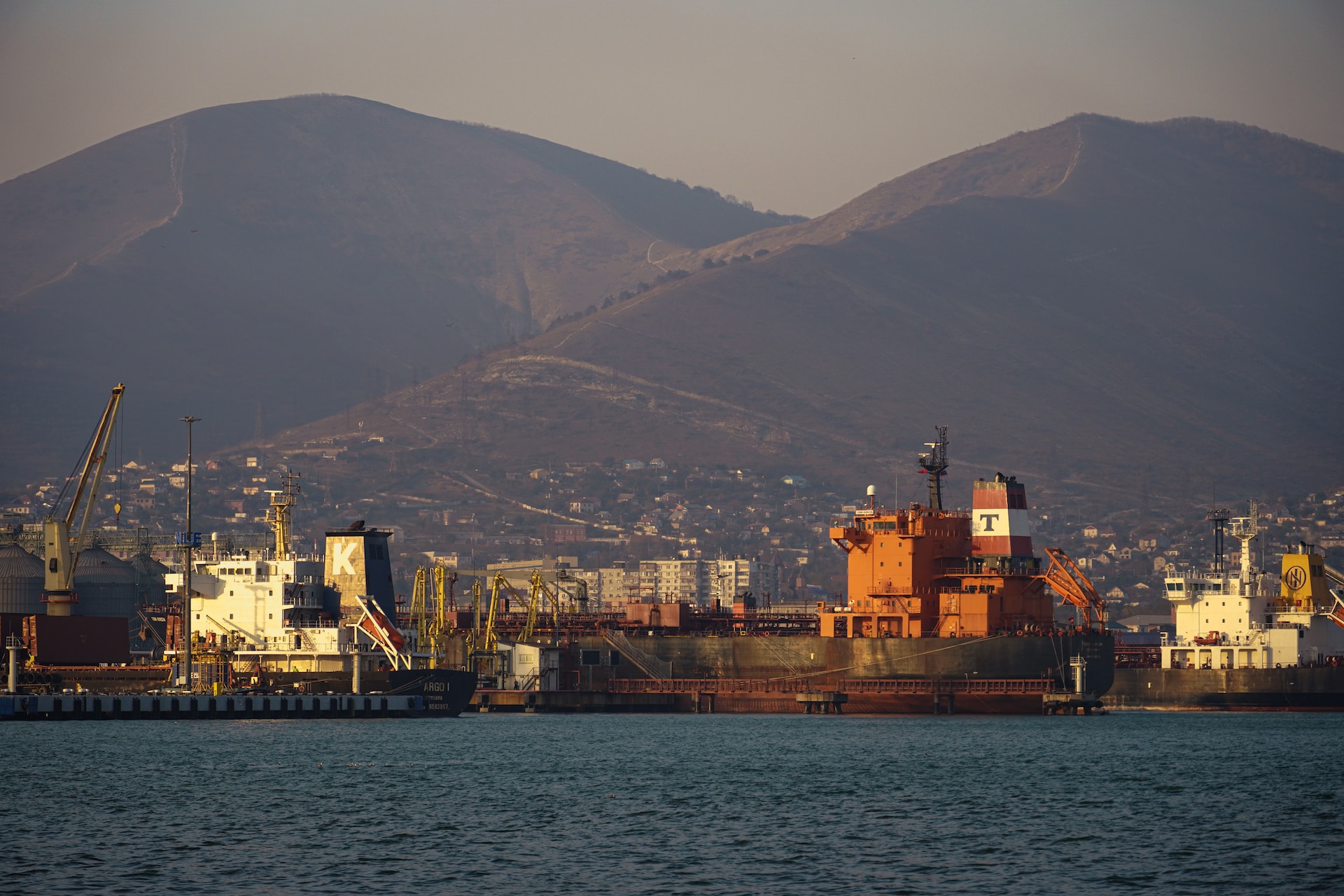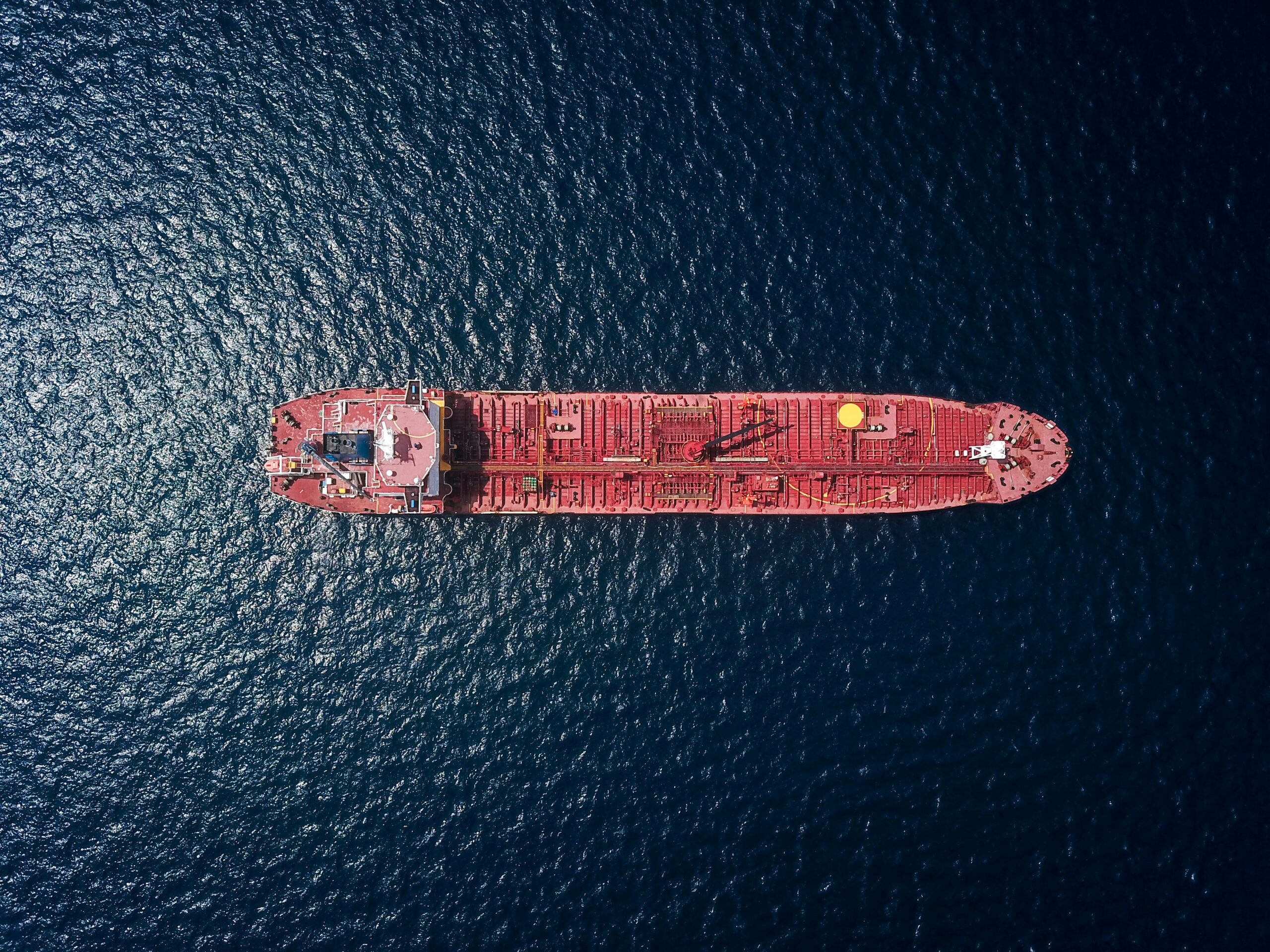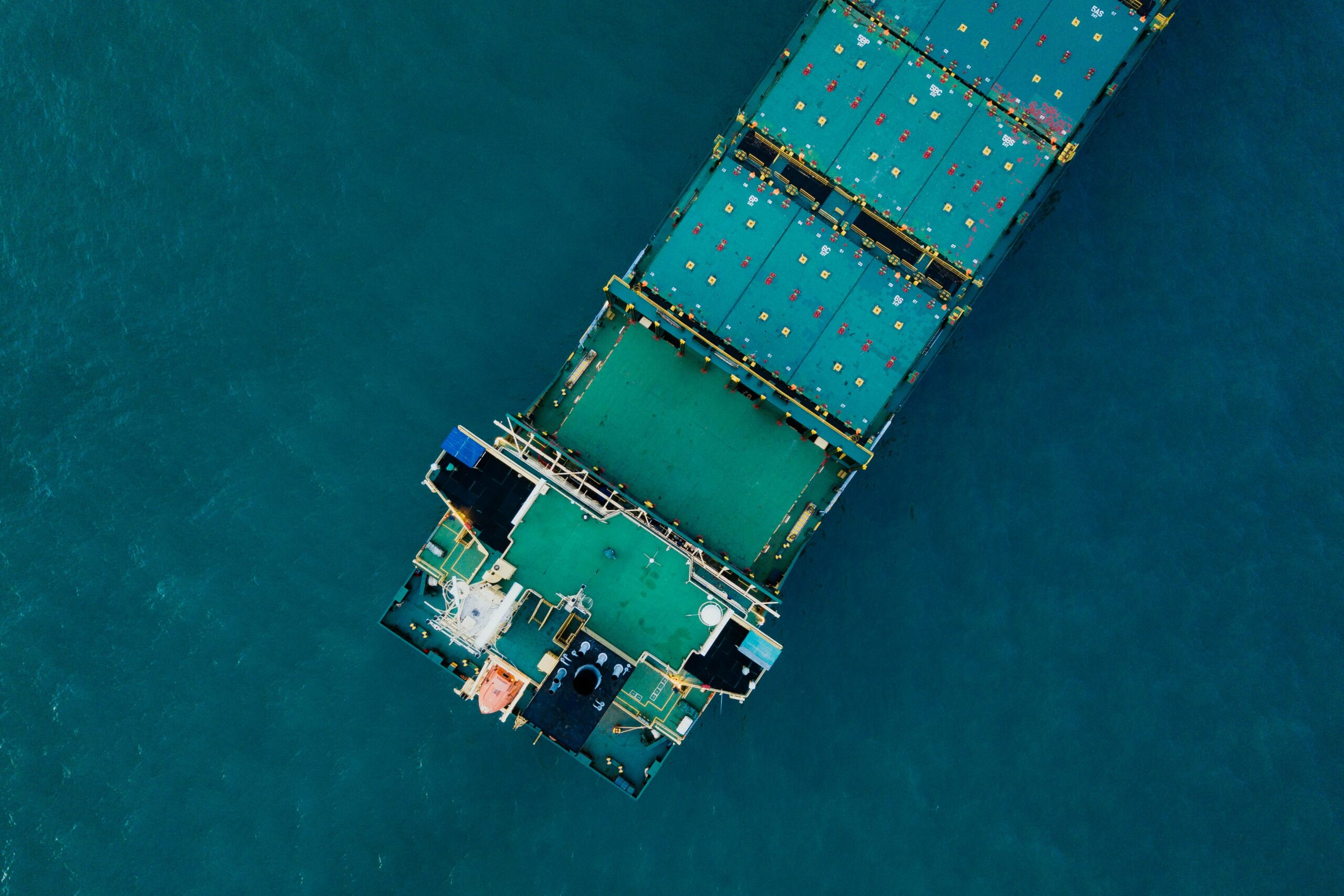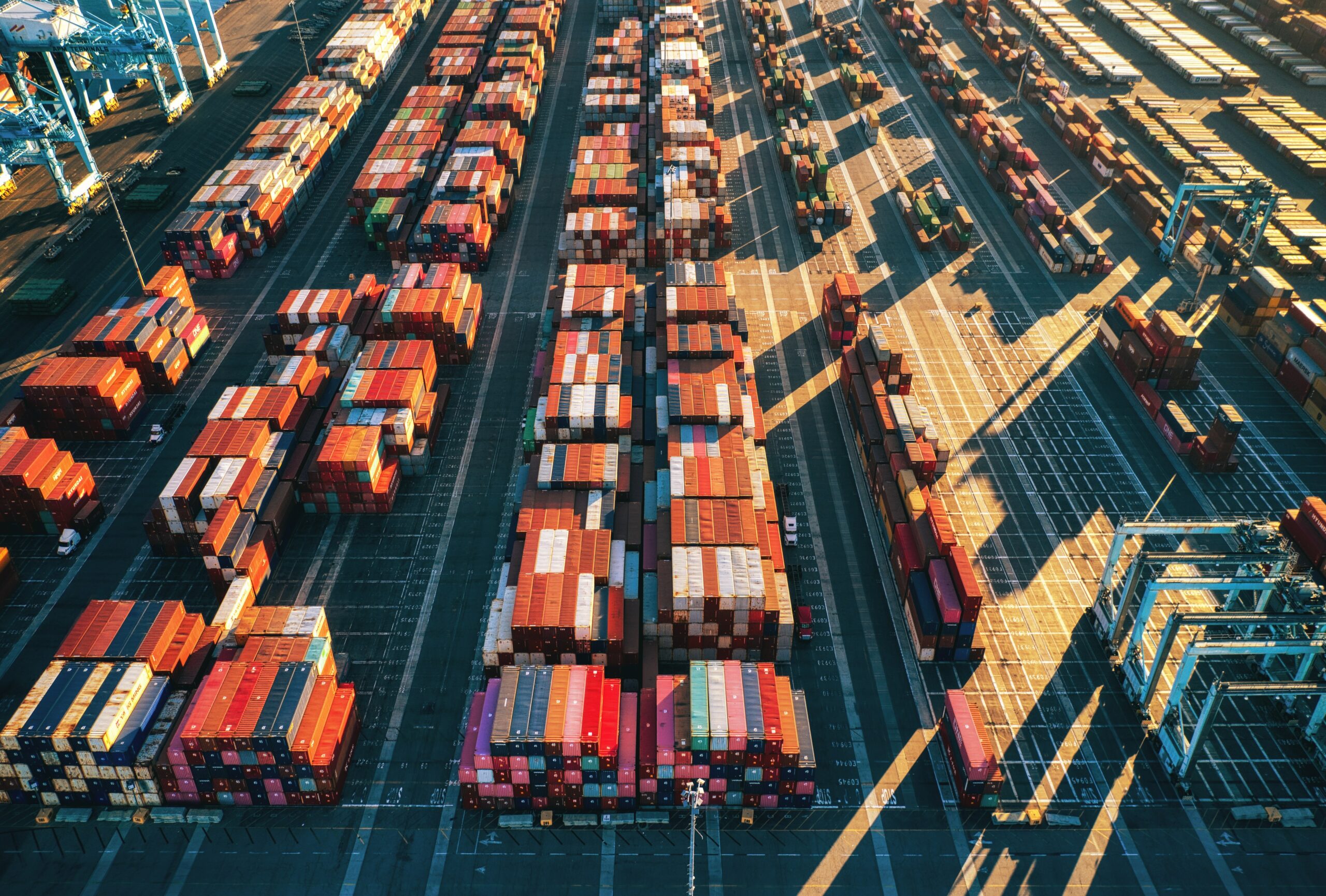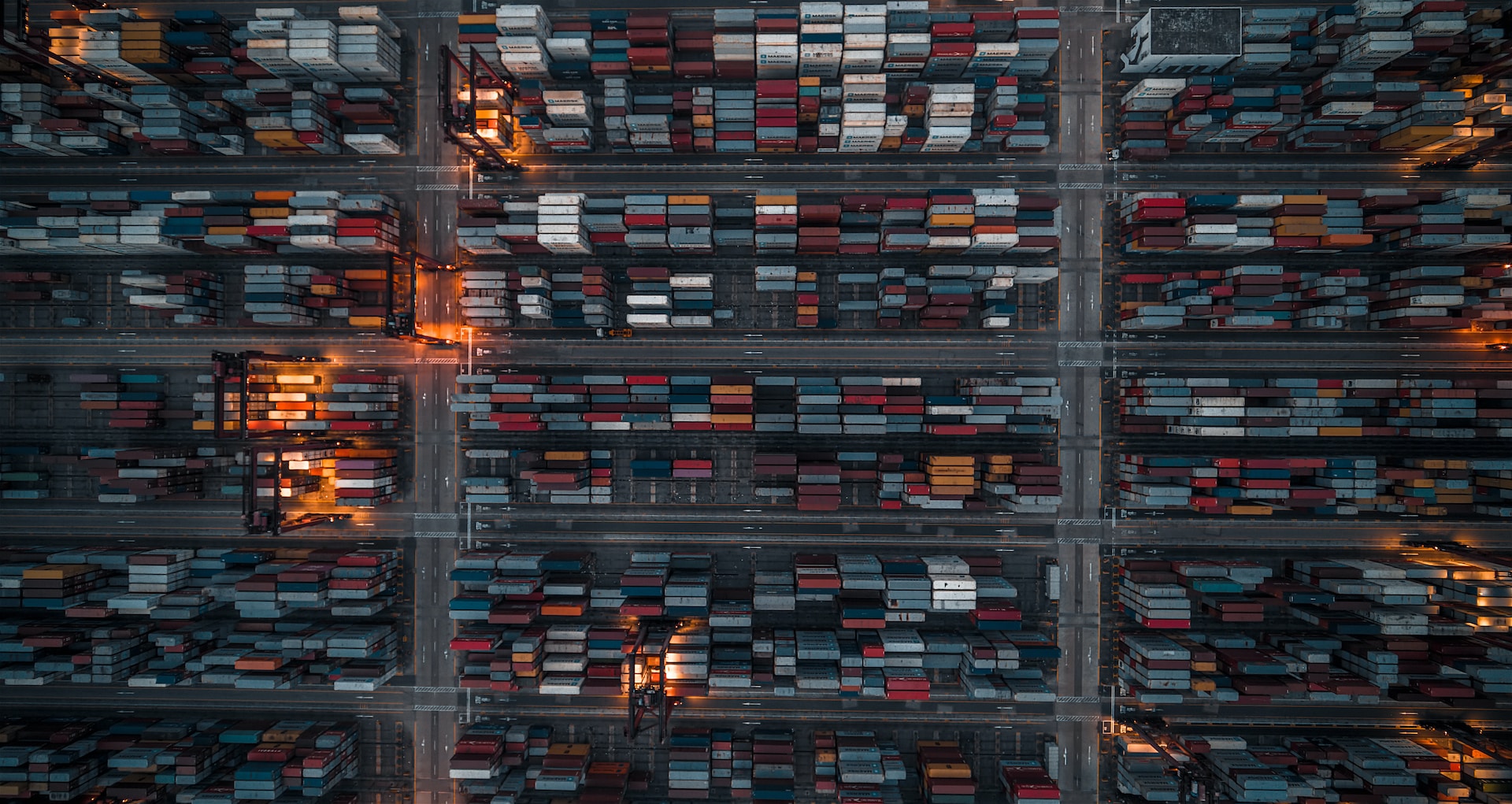The world of international trade is changing as a result of technology, which is giving companies strong tools to improve efficiency, streamline operations, and save costs. E-commerce platforms, EDI, blockchain, IoT, AI, and cloud computing are just a few examples of the technology that businesses may use to improve their global operations and succeed in the cutthroat market of today. Adopting these technical advancements can promote better corporate performance as well as the expansion of global trade, which promotes prosperity and economic progress on a global scale.
E-commerce Platforms
E-commerce platforms have greatly streamlined the process of transnationally buying and selling items. These platforms help companies grow their customer bases, boost sales, and enter new markets by offering a digital marketplace that connects buyers and sellers. E-commerce platforms can be used by businesses to manage inventory, automate sales procedures, and keep track of shipments in real time.
Electronic Data Interchange (EDI)
Computer-to-computer interchange of business documents in a defined format is referred to as EDI. Electronic document interchange, or EDI, helps organizations save time and cut down on errors related to manual data entry by substituting old paper-based operations. When trading partners can communicate more quickly and effectively thanks to EDI, order processing, inventory control, and supply chain efficiency all improve.
Blockchain Technology
By providing a safe, open, and decentralized platform for transaction recording, blockchain technology has the potential to revolutionize global trade. Blockchain can be used to speed up customs procedures, track the flow of commodities, and confirm the legitimacy of products. It can also enable smart contracts, which eliminate the need for manual involvement and improve the efficiency of trade operations by automatically carrying out contract terms when certain criteria are satisfied.
Internet of Things (IoT)
The term "Internet of Things" (IoT) refers to a network of linked devices that exchange and collect data. The quality and location of products in transit are just two of the many aspects of international trade that may be monitored and managed by IoT devices like sensors and GPS trackers. Businesses may improve security, decrease the risk of delays and interruptions, and optimize their supply chain operations with the aid of this real-time visibility.
Artificial Intelligence (AI) and Machine Learning
Artificial intelligence (AI) and machine learning (ML) technologies can be used to analyze massive volumes of data and produce insights that aid organizations in streamlining their international trade operations. Demand forecasting, identifying potential hazards and opportunities, and automating repetitive operations like document processing and customs clearance are all possible with the help of these technologies.
Cloud Computing
Businesses may now access software, storage, and computing power via the internet thanks to cloud computing, which eliminates the need for on-site equipment and lowers expenses. Companies may improve communication amongst trading partners, streamline their international trade operations, and access real-time data and analytics to guide decision-making by utilizing cloud-based solutions.
Related Information
